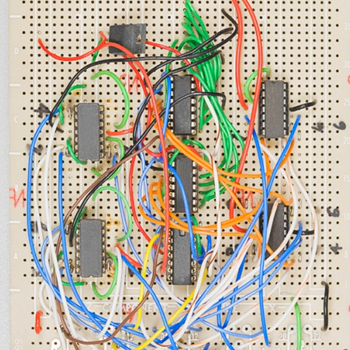Question #7b377
1 Answer
Make it clear what kind of concentration you are going to calculate.
Explanation:
There are variety of concentration. First, you must be clear what kind of concentration you want to find.
https://en.wikipedia.org/wiki/Concentration
If you want to calculate mass concentration, divide the mass of the solute
Your answer is wrong because you used the volume of solvent instead of solution.
Dissolving
Instead, you can calculate mass fraction.
Mass fraction of
[Some evaluation]
Acording to CRC databook, the density of
Density of this
The volume of the solution is about
the mass concentration is about

